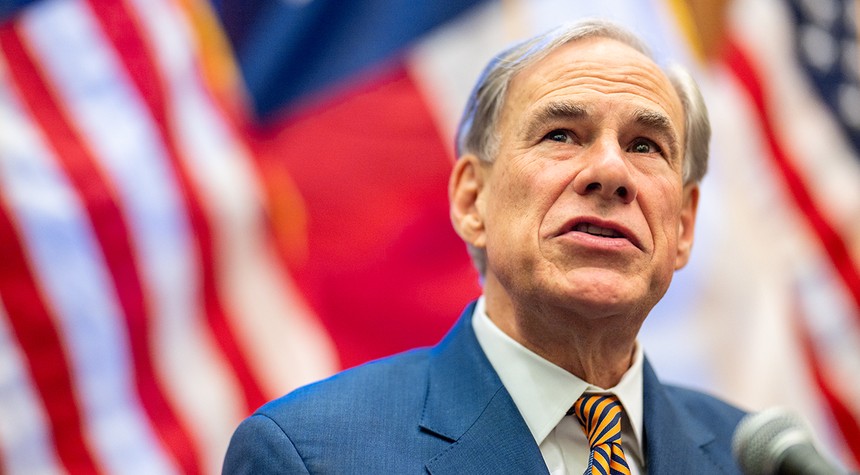The question before us is as old as the Republic itself: Where does legitimate state authority end and constitutional overreach begin? In Texas, that question has moved from the theoretical to the courtroom, and the stakes could not be higher.
Governor Greg Abbott finds himself at the center of a legal firestorm after declaring the Council on American-Islamic Relations a foreign terrorist organization. The Dallas-Fort Worth and Austin chapters of CAIR filed a federal lawsuit this week, arguing that Abbott’s proclamation violates both the United States Constitution and Texas state law.
Make no mistake, this is not just another political skirmish. This case strikes at the heart of executive power, religious freedom, and the process by which American citizens can be branded as threats to national security.
Founded in 1994, CAIR operates 25 chapters nationwide. In Texas, the organization maintains a modest presence with eight employees and two contractors. The group positions itself as a Muslim civil rights and advocacy organization, though its critics paint a different picture entirely.
Abbott’s order went beyond CAIR, extending the terrorist designation to the Muslim Brotherhood as well. Here is where the matter gets particularly thorny: federal authorities have never classified either organization as terrorist groups. The governor has essentially gone where Washington has not, raising serious questions about the scope of state authority in matters of national security.
The practical implications are significant. Under a new Texas statute designed to limit purchases by entities tied to foreign adversaries, CAIR now finds itself barred from purchasing land in the Lone Star State. The organization argues this amounts to punishment for political speech the governor finds disagreeable.
In their court filing, CAIR’s attorneys contend that Abbott relied on inflammatory statements lacking factual foundation, cherry-picking comments from affiliates to construct a narrative of terrorist sympathy. The organization has been blunt in its response, characterizing Abbott’s action as a “lawless attack” motivated by political considerations rather than legitimate security concerns.
The constitutional questions are substantial. Can a state governor unilaterally declare an organization terrorist without federal concurrence? Does such a declaration, coupled with property restrictions, constitute viewpoint discrimination prohibited by the First Amendment? What due process protections exist before such serious labels are applied?
CAIR’s litigation director framed the stakes in stark terms, warning that if Abbott’s action stands, no civil rights organization would be safe from gubernatorial decree. The slippery slope argument has merit. If a governor can designate any group as terrorist based on political disagreement, the implications for free speech and association are chilling.
Yet Abbott’s defenders would argue the governor has both the authority and responsibility to protect Texas from organizations he deems threatening, particularly when it comes to land ownership and potential security vulnerabilities. The new statute restricting foreign adversary purchases reflects legitimate state interests in controlling property within its borders.
This case will test whether post-September 11th security concerns have fundamentally altered the balance between civil liberties and state power. A federal judge will soon decide whether Abbott overstepped his authority or acted within the bounds of legitimate state governance.
The Constitution will have the final word, as it should. But the question of how we balance security, religious freedom, and executive power in an age of terrorism remains as vexing as ever.
Related: American Citizen Freed From Saudi Arabia After Four Years Following Trump Diplomatic Efforts


